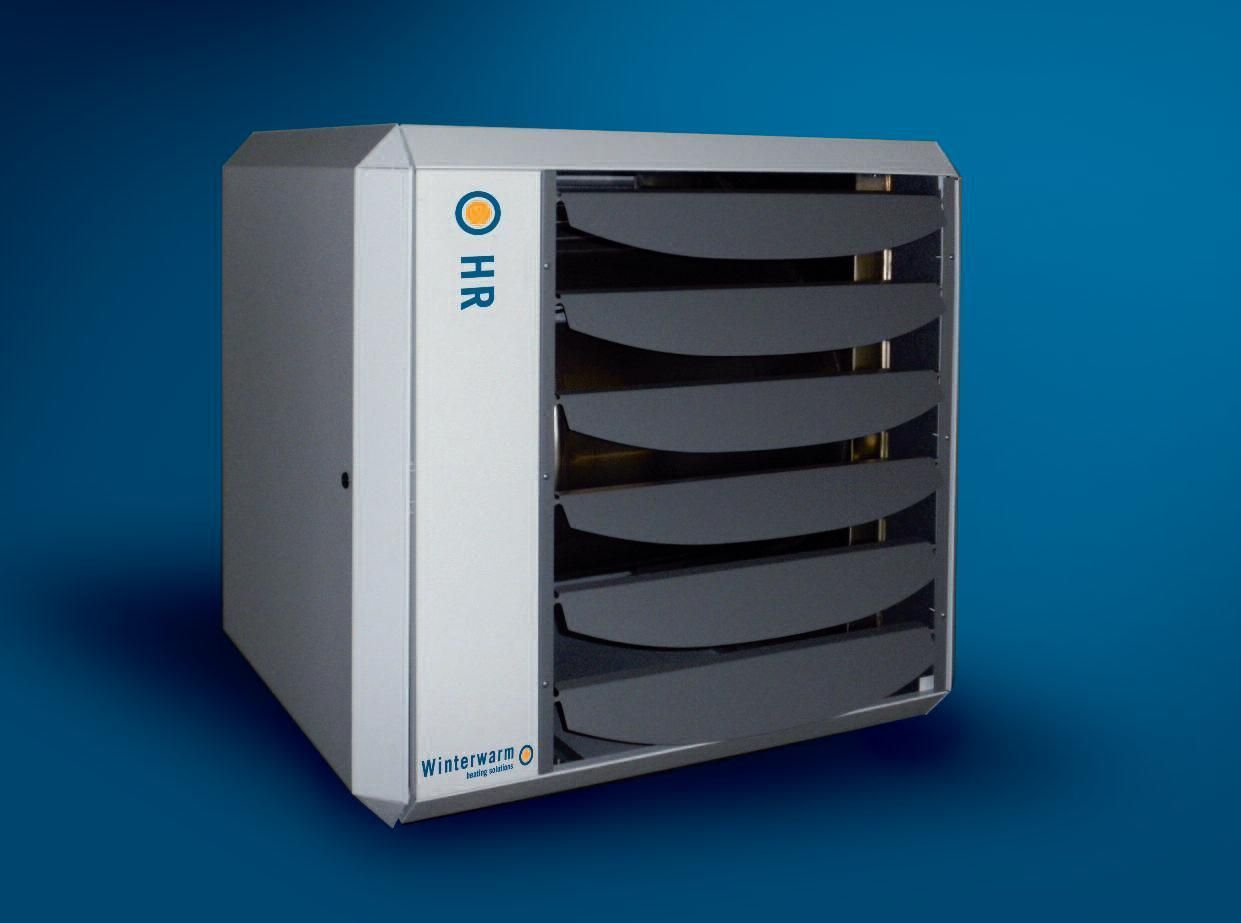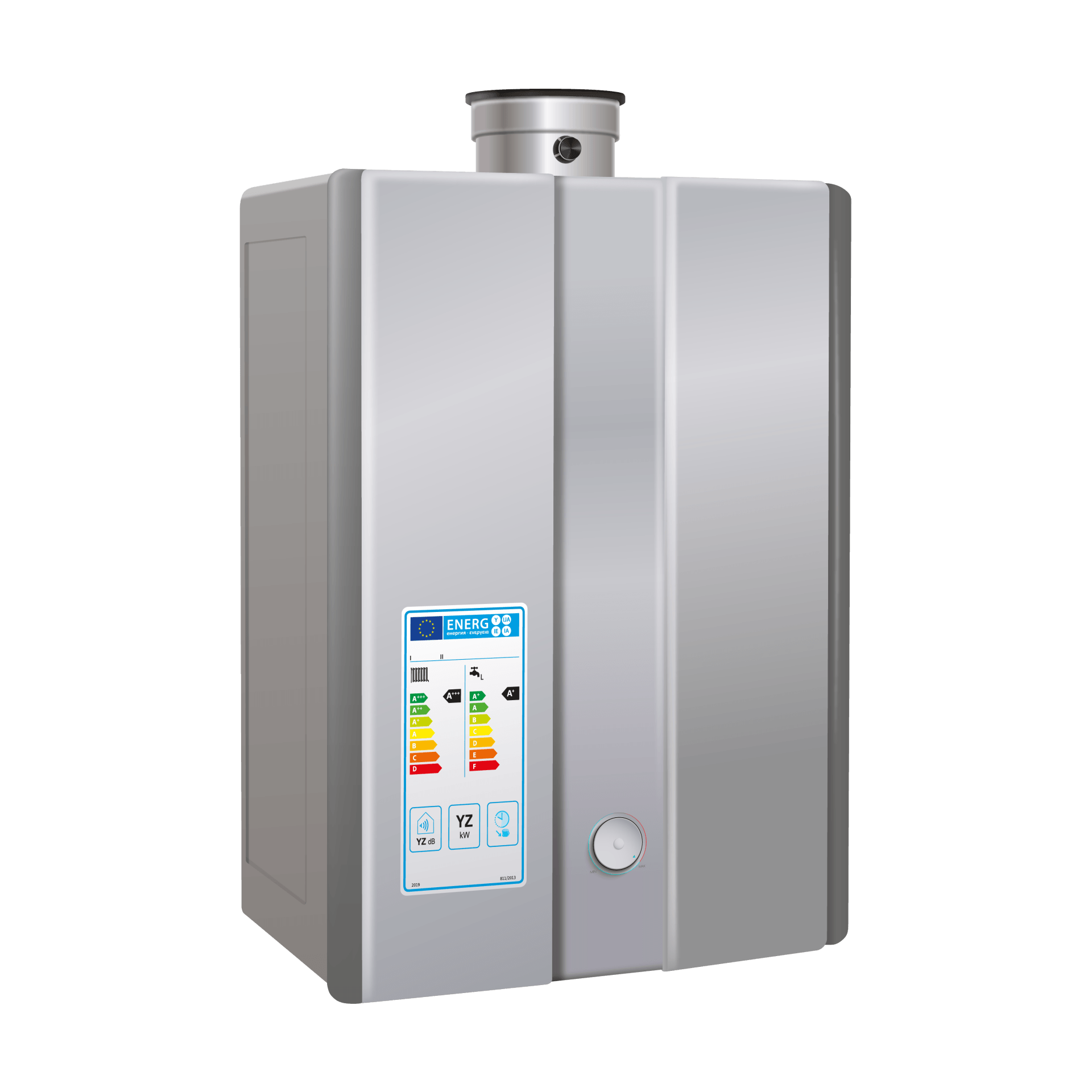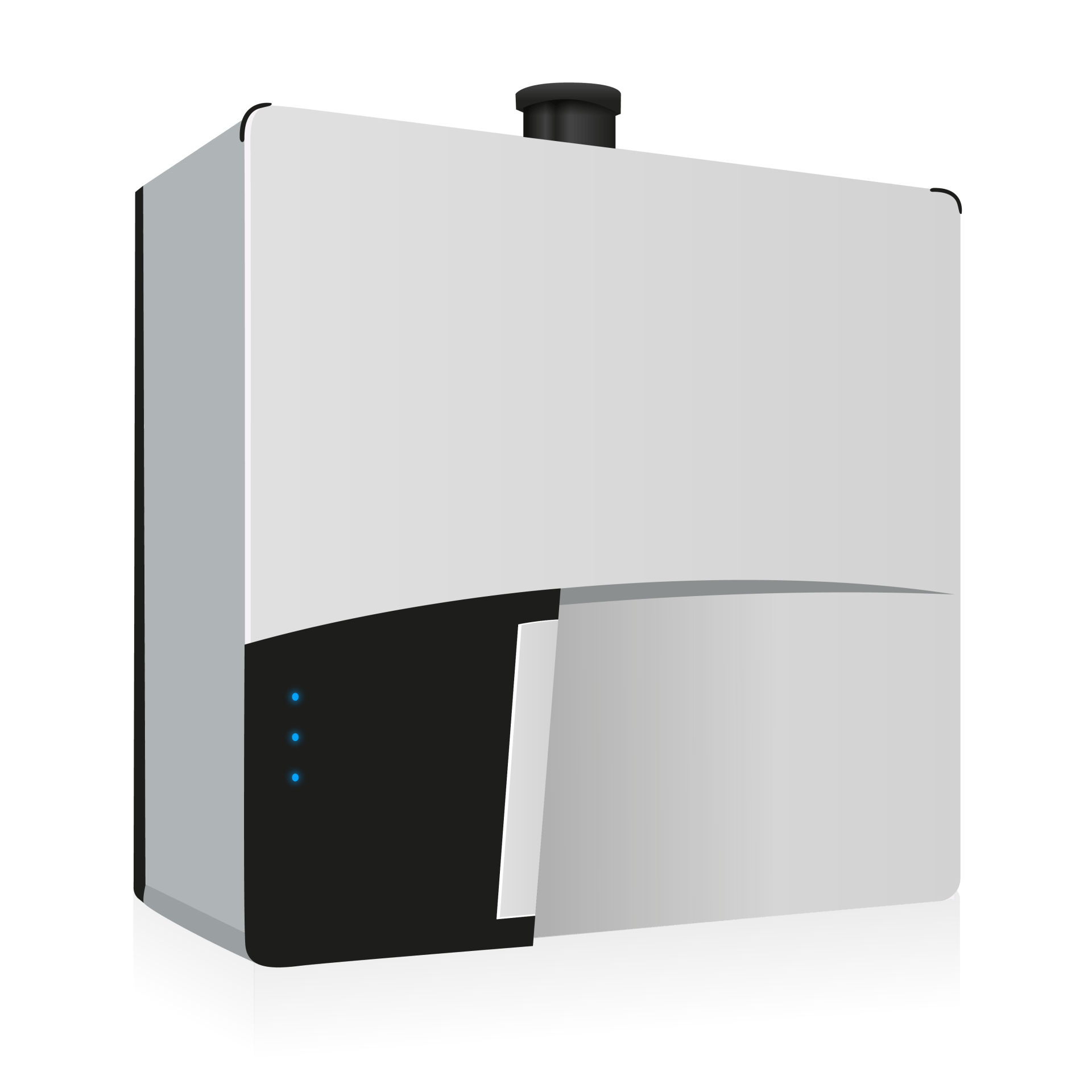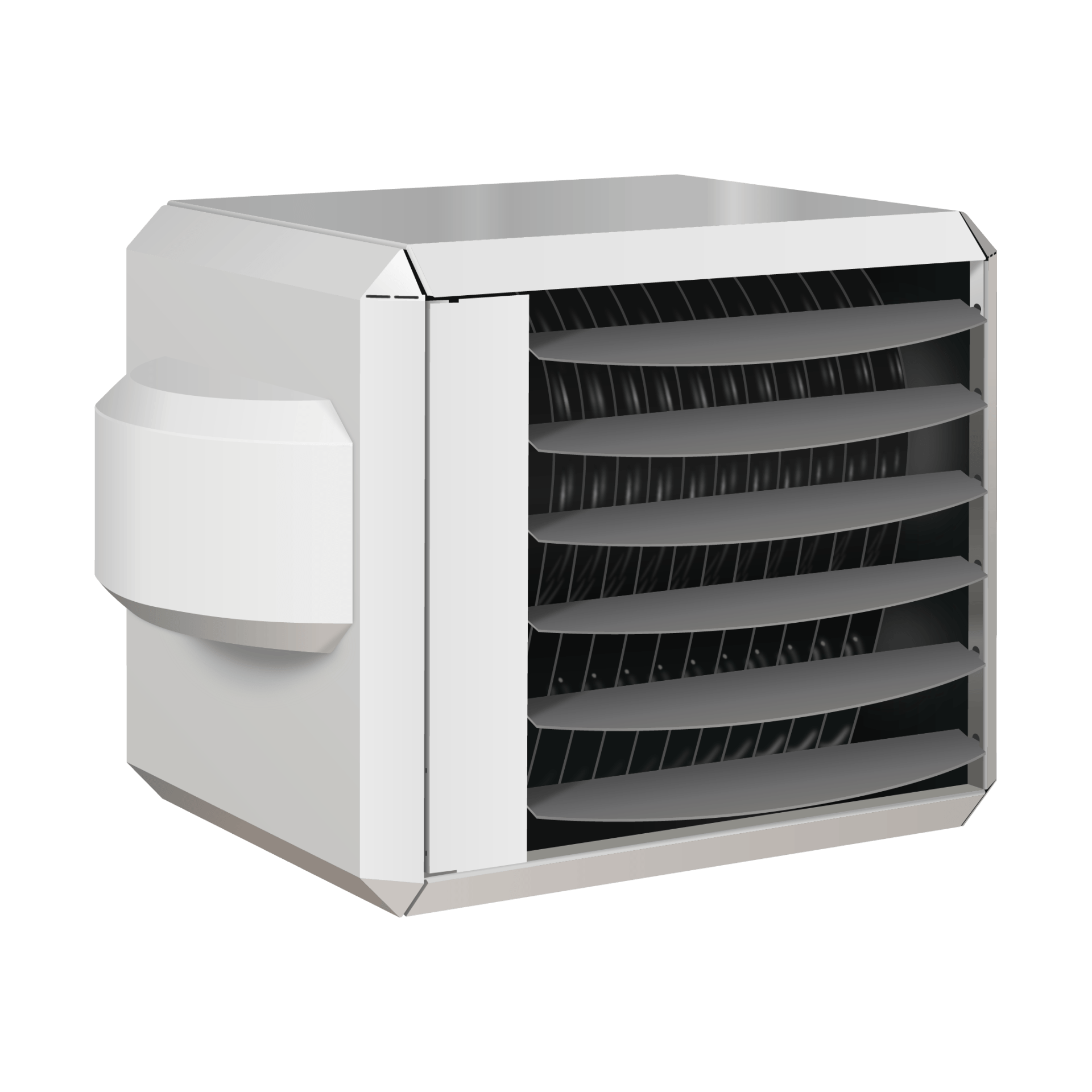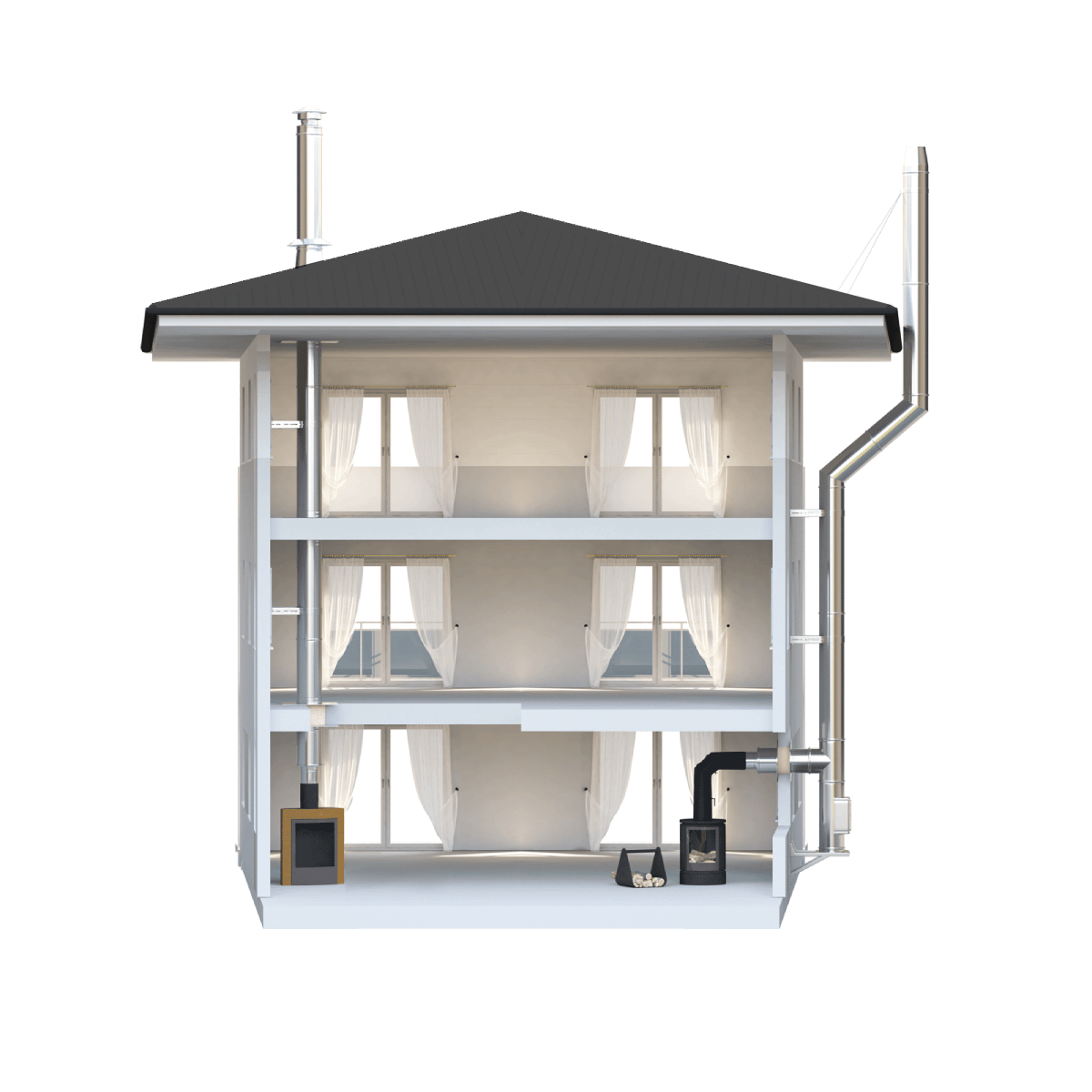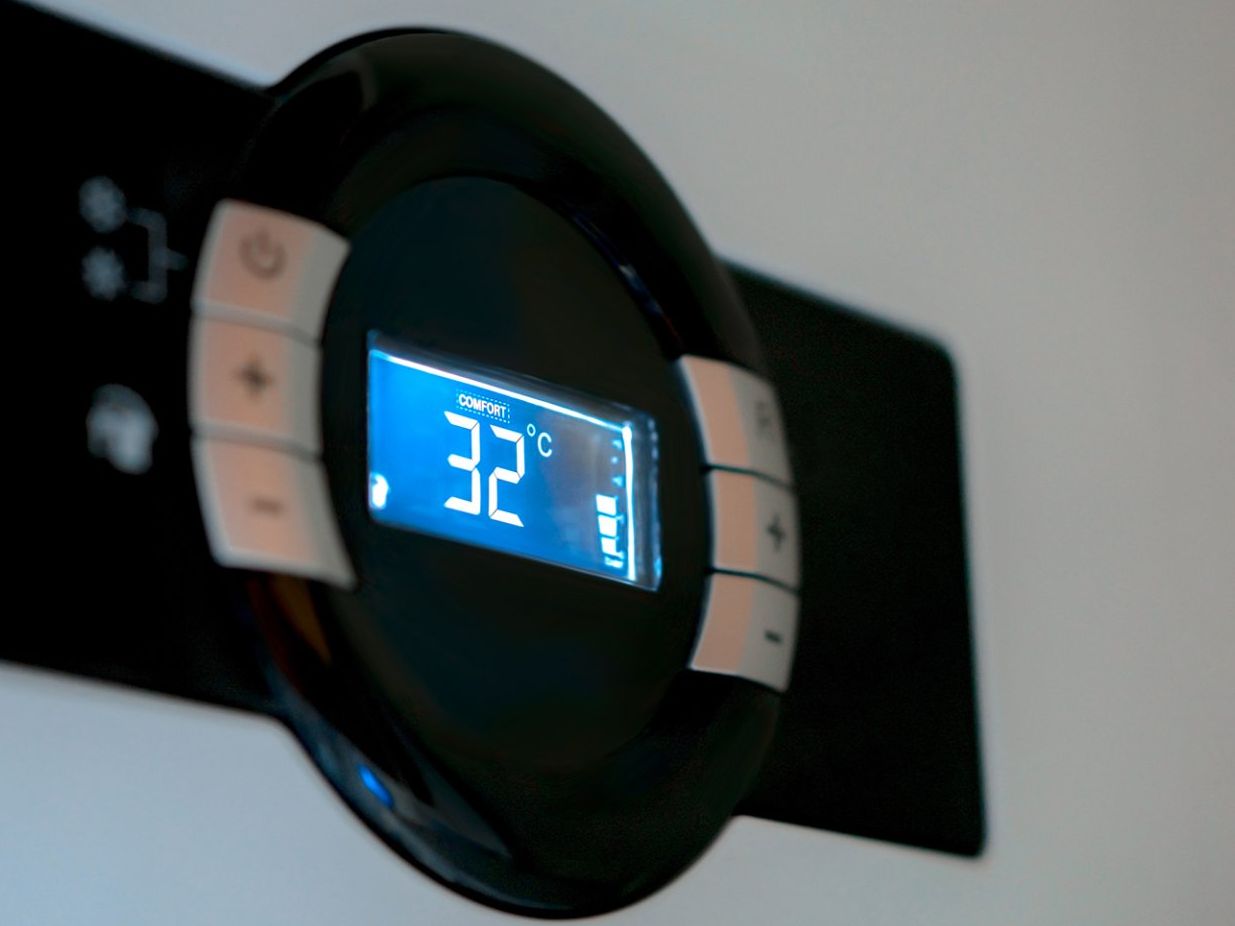Ensuring Optimal Heating for Schools Is Your System Up to Date
You're responsible for maintaining a superior learning environment in your school, and a vital aspect of this is ensuring your heating system is up to date. Outdated or inefficient systems can lead to energy waste, discomfort, and increased costs. Telltale signs of inefficient systems include uneven temperature distribution, inadequate heating capacity, and excessive energy consumption. Upgrading to modern systems can substantially reduce energy consumption and costs, while improving the overall learning environment. By prioritizing key components like warm air heating, water heaters, and control strategies, you can create a more comfortable and productive space. Now, take a closer look at the specifics that can make all the difference.
Key Takeaways
- Modern warm air heating systems can create a more comfortable learning environment, boosting teacher morale and ultimately leading to improved academic performance.
- Upgrading to modern systems can significantly reduce energy consumption and costs in schools, allowing for reallocation of resources.
- Warm air heating systems are efficient, cost-effective, and provide consistent heat distribution, making them ideal for schools with large spaces.
- Equipment selection should prioritize thermal massing properties, which can absorb and release heat as needed, reducing peak heating demands.
- Sophisticated control strategies, utilizing advanced sensors and smart algorithms, can maximize system performance and optimize heating in schools.
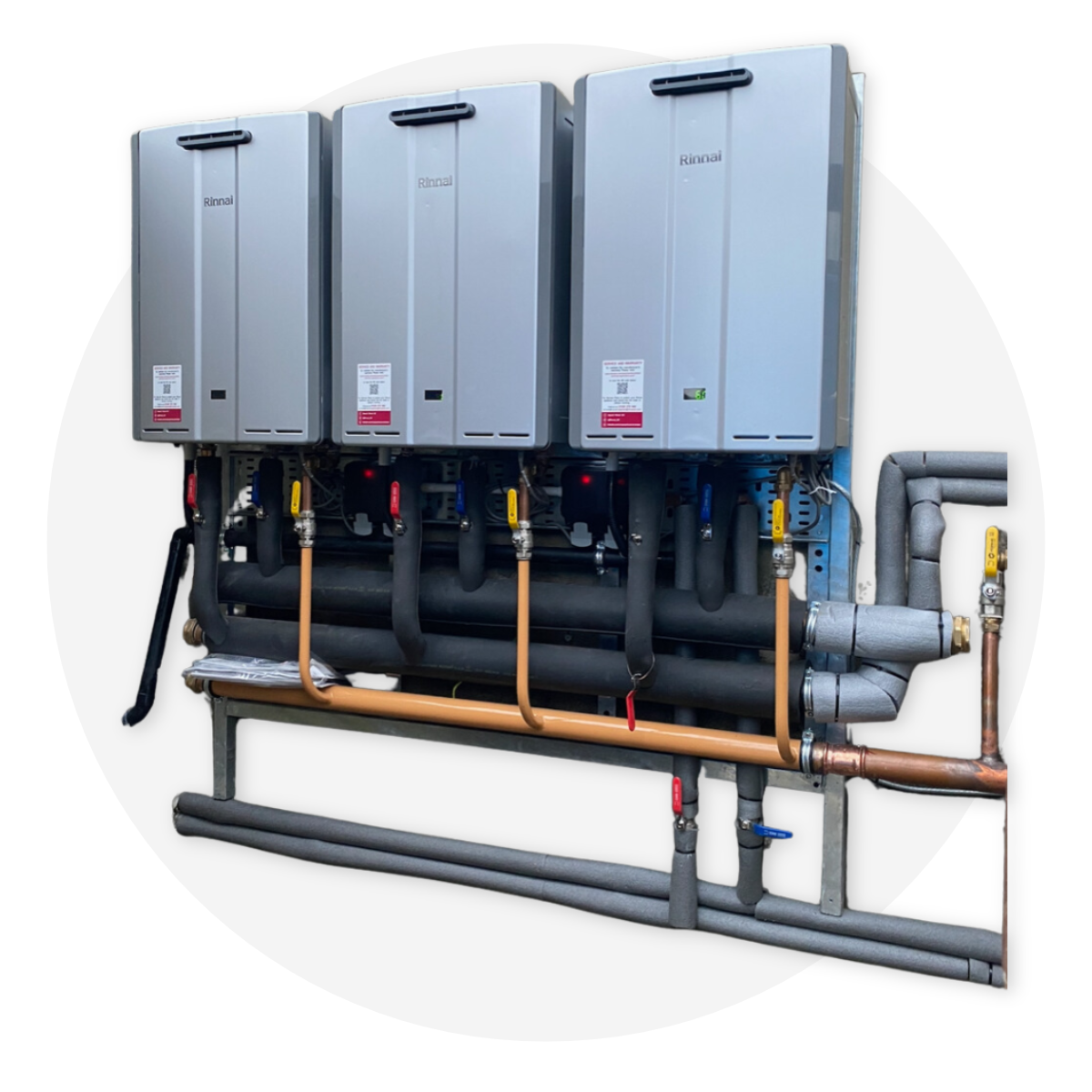
Inefficient Heating Systems
Inefficient Heating Systems in Industrial Environments
In commercial and industrial environments efficient heating systems are key to a comfortable and productive space. One of the biggest issues in these environments is identifying and fixing inefficient heating systems that waste energy, are uncomfortable and cost more.
Applications of Warm Air Heating
Warm air heating is perfect for large spaces like schools, warehouses, factories, sports halls, retail units and offices. These systems are efficient, cost effective and provide even heat, perfect for large areas. For example in schools warm air heating can keep students and staff comfortable and focused all day.
Applications of Water Heaters
Water heaters are used in environments like launderettes and camp sites, especially in shower blocks. Reliable hot water systems are key in these areas for cleanliness, comfort and hygiene. In launderettes hot water is needed for washing and rinsing, in camp sites it’s needed for a comfortable shower experience.
Considerations for Industrial Heaters
When choosing heaters for commercial use you need to consider. The size of the space, energy efficiency and maintenance requirements are key to ensure the chosen heater meets the specific needs of the environment. Also the type of heater, warm air or water, needs to be chosen based on the application and needs of the space.
Inefficient Heating Systems
Identifying inefficient heating systems in industrial environments is key to reducing energy waste and maximising comfort. Signs of inefficient systems are uneven temperature, not enough heating and high energy consumption. A full system audit is needed to find the root causes of these issues, energy leaks, poorly insulated pipes, faulty valves and inefficient boilers. By looking at the system’s performance data you can see patterns of energy consumption and where energy is being wasted.
Summary
In summary efficient heating systems are key in commercial and industrial environments. Warm air and water heaters have different applications in different areas and choosing the right heater requires careful consideration of many factors. Identifying and fixing inefficient heating systems is key to reducing energy waste, maximising comfort and cost.
Upgrade to Modern Systems
Benefits of Upgrading to Modern Heating Systems in Commercial and Industrial Environments
In commercial and industrial environments heating solutions are key to a comfortable and productive space. This article will look at the benefits and applications of warm air and water heaters in different sectors.
Warm Air Heating
Warm air heating is perfect for large spaces like schools, warehouses, factories, sports halls, retail units and offices. By upgrading to modern warm air systems these areas can reduce energy consumption and costs. Old systems waste energy due to inefficient design and old technology. Modern systems are flexible, you can heat specific zones or areas, reduce energy usage and waste. This means a more comfortable and consistent temperature and a better environment.
In schools for example modern warm air systems can create a better learning environment, boost teacher morale and ultimately improve academic performance. In warehouses and factories warm air heating can improve working conditions, increase productivity and employee satisfaction.
Water Heaters
Water heaters are used in environments like launderettes and camp sites, especially in shower blocks. Reliable hot water systems are key in these areas for a comfortable and hygienic experience for the user. Modern water heaters have advanced technology to provide efficient and cost effective solutions for large hot water demands.
Choosing Industrial Heaters
When choosing heaters for commercial use you need to consider size, energy efficiency and maintenance requirements. You need to choose a heater that meets the specific requirements of the area, taking into account the size of the space, insulation and occupancy.
Innovations and Trends
The industrial heating industry is always changing, new technologies and trends emerge. One of those trends is the increase in energy efficient and eco friendly heating solutions which can reduce carbon footprint and energy costs.
Key to Optimal Heating
Optimising Heating for Commercial and Industrial Environments
Heating solutions are key in commercial and industrial environments to a comfortable and productive space. This article will look at the benefits and applications of warm air and water heaters in large areas, their efficiency, cost and reliability.
Warm Air Heating
Warm air heating is perfect for schools, warehouses, factories, sports halls, retail units and offices. These systems are efficient and cost effective in large spaces, you can zone and control temperature. By dividing a building into different zones, each with its own temperature control warm air heating reduces energy waste and increases overall efficiency.
Water Heaters
Water heaters are used in launderettes and campsites, especially in shower blocks where hot water is key. These systems provide a consistent and efficient hot water supply for the user.
Choosing Industrial Heaters
When choosing heaters for commercial use you need to consider size, energy efficiency and maintenance requirements. The system design should have heating zoning, so you can control temperature precisely and reduce energy waste. Equipment should have thermal massing properties, to absorb and release heat as needed, reduce peak heating demand and provide a stable indoor climate. Control strategies should be advanced, with sensors, smart algorithms and real time monitoring to get the best out of the system.
Innovations and Trends
The industrial heating industry is seeing innovations in technologies like advanced sensor systems, IoT integration and energy harvesting solutions. These trends will improve efficiency, reliability and sustainability of heating solutions in commercial and industrial environments.
Summary
Energy Efficiency and Cost Savings
Energy Efficiency and Cost Savings in Industrial Heating
Heating solutions are key in commercial and industrial environments to a comfortable and productive space.
This article will look at the benefits and applications of warm air and water heaters in industrial areas, their efficiency, cost and reliability.
Warm Air Heating
Warm air heating is perfect for large areas like schools, warehouses, factories, sports halls, retail units and offices.
These systems have quick heat up times, are energy efficient and easy to install and maintain.
In warehouses for example warm air heating maintains a consistent temperature, reduces the risk of stock damage and provides a safe working environment.
Water Heaters
Water heaters are used in launderettes and campsites, especially in shower blocks.
Hot water systems are key in these areas, to provide a consistent hot water supply for the user.
Water heaters can be designed to meet your needs, a cost effective and efficient solution for large hot water requirements.
Choosing Industrial Heaters
When choosing heaters for commercial use you need to consider size, energy efficiency and maintenance requirements.
Choose a heater that meets the specific needs of the environment, taking into account the space size, insulation and temperature required.
Energy efficient heaters can save energy, cost and carbon.
Innovations and Trends
Recent innovations in industrial heating are high efficiency condensing boilers and advanced heat pump systems.
These technologies provide better energy efficiency, lower emissions and lower running costs.
And trends like renewable energy integration and smart heating controls are becoming more popular, so industrial users can optimise their heating systems and reduce their footprint.
Summary
In summary choosing the right heating solution for industrial areas is key to a comfortable, productive and cost effective space.
Safety and Regulatory Compliance
Safety and Regulatory Compliance in Industrial Heating Systems
In commercial and industrial environments ensuring the safety and regulatory compliance of industrial heating systems is key to prevent accidents, fines and reputation damage. Conducting a Risk Assessment will help you identify potential hazards and implement measures to mitigate them, so you can create a safer environment for workers and users.
Having a Maintenance Schedule in place and sticking to it is also key. Regular maintenance tasks like inspecting and cleaning boilers, pipes and valves will prevent equipment failures that can lead to accidents or system downtime. A well maintained system reduces the risk of gas leaks, carbon monoxide poisoning and other safety hazards, so you have a safe operating environment.
This attention to safety and regulatory compliance is especially important in industries like manufacturing, warehousing and sports facilities where the consequences of system failure or accident can be severe. By prioritising safety and regulatory standards businesses can have a safe and efficient working environment, reduce downtime and avoid costly fines and reputation damage.
System Replacement Strategies
Strategic System Replacement for Commercial and Industrial Heating
Replacing old or inefficient heating systems in commercial and industrial areas requires a strategic approach to minimise disruption and peak performance.
A full replacement plan tailored to the specific needs, budget and timeline of each area is key.
A phased approach is essential to reduce downtime and handover.
Warm Air Heating
Warm air heating is used in many areas like schools, warehouses, factories, sports halls, retail units and offices.
Warm air is efficient and cost effective in large areas.
For example in schools warm air can provide a comfortable and safe learning environment while saving energy costs.
Water Heaters
Water heaters are used in launderettes and camp sites, especially in shower blocks where hot water systems are critical.
The benefits of water heaters in these areas are energy efficiency, cost effectiveness and convenience.
Choosing Industrial Heaters
When choosing heaters for commercial use consider size, energy efficiency and maintenance.
You need to assess the specific requirements of each area and choose heaters that can meet those needs.
Innovations and Trends
Recent innovations in industrial heating are energy efficient and eco friendly.
Smart building technologies and energy recovery systems are also becoming more popular.
System Replacement Priorities
Assessing the condition, age and efficiency of each component will help you identify the most critical components that need attention first.
By focusing on these components first you can ensure peak system performance during the replacement process.
Also energy efficient solutions and smart building technologies can help you save energy and improve overall system performance.
Summary
When weighing up the cost of old heating systems against modernisation think of the difference between inefficient, energy guzzling dinosaurs and sleek, optimised solutions.
The latter saves energy and provides a safe and healthy learning environment for student success.
By replacing your old system you can bridge the gap between yesterday’s technology and tomorrow’s sustainable high performance heating systems and get a brighter, more efficient future.
Share.
Comment.
Latest.
